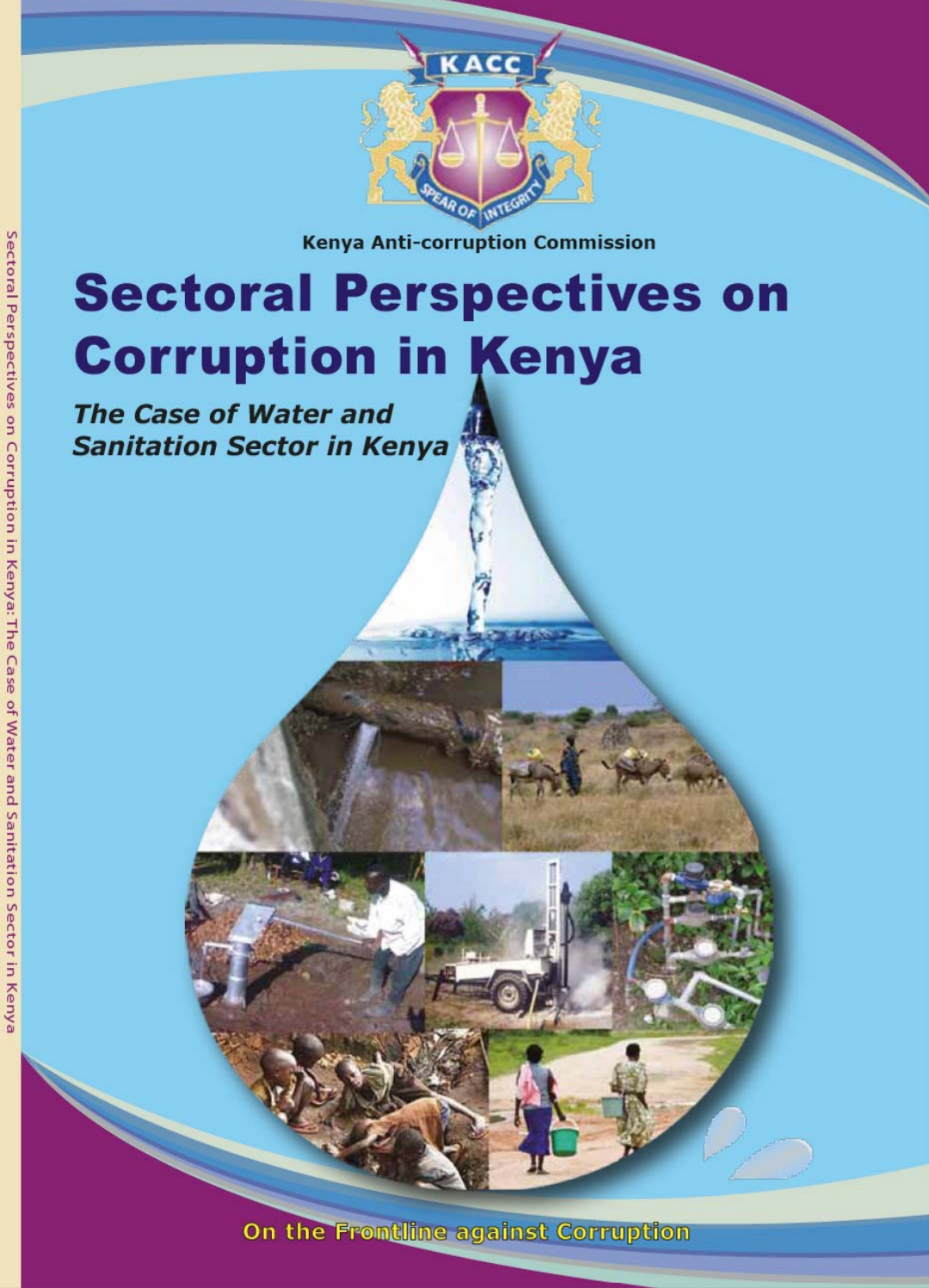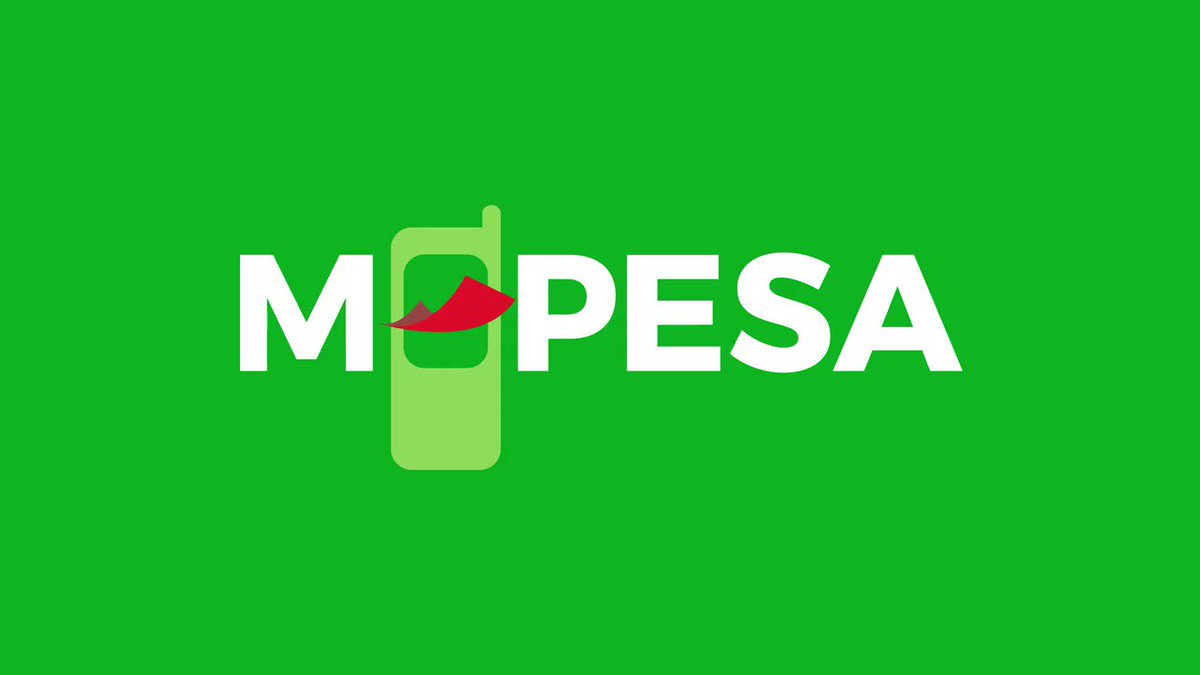Water is life. But in Kenya, the life-giving liquid is increasingly tainted—not by dirt or disease, but by deep-seated corruption. While millions of Kenyans lack access to safe and affordable water, billions of shillings meant to improve water infrastructure are lost to fraud, theft, and unethical practices within public water institutions.
One of the most striking examples in recent times is the damning report by the Water Services Regulatory Board (Wasreb), which exposes systemic fraud at Nairobi City Water and Sewerage Company (NCWSC). But NCWSC is not alone. Across the country, water utilities are plagued by a culture of impunity, political interference, and weak accountability.
This blog explores the types of fraud, the costs to the nation, and how conflict of interest is fueling corruption in the water sector.
How Fraud Manifests in Kenya’s Water Sector
Fraud in the water sector in Kenya takes many forms, each of them destructive:
1. Financial Mismanagement
Public utilities often misuse customer deposits, donor funds, and county allocations. In the NCWSC case, over Ksh 1.2 billion in customer deposits was spent without approval—an outright abuse of public trust.
2. Procurement Corruption
Tenders are rigged. Contracts are awarded to companies with no capacity, or to ghost firms that only exist on paper. Equipment and pipes bought at inflated prices never arrive, or they do—but are substandard.
3. Revenue Theft
Staff collaborate with consumers to underreport water usage, manipulate bills, or ignore illegal connections. The result is rising non-revenue water (NRW)—which in Kenya averages over 45%, way above the acceptable global average of 25%.
4. Ghost Projects
Water pans, boreholes, or treatment plants appear on paper but never get built. Funds are disbursed, and officials walk away clean, as audits are either manipulated or ignored.
Conflict of Interest: A Hidden Engine of Corruption
One of the lesser-discussed but most dangerous forms of corruption is conflict of interest.
At NCWSC, Wasreb revealed that shares were held under non-legal entities tied to Nairobi County offices. These are not mere errors—they are deliberate designs to exploit public resources for private gain.
In many counties, senior officials award water infrastructure tenders to companies owned by their relatives or political allies. Others sit on boards of both regulatory bodies and implementing agencies, making it impossible to ensure impartial oversight.
How Conflict of Interest Works in the Water Sector
A county engineer owns a drilling company and approves tenders to his own firm.
A regulator audits an institution where their brother-in-law is CEO.
Politicians direct donor funds to “friendly” NGOs they secretly control.
Such intertwining of public duty and private benefit leads to inflated project costs, poor service delivery, and total breakdown of trust.
Who Pays the Price?
The victims of this corruption are not the thieves—it is the Kenyan public.
In rural areas, women and children walk for kilometers daily to fetch unsafe water.
In urban informal settlements, residents pay private vendors exorbitant prices because public utilities fail to supply water.
Health facilities operate without adequate water, leading to disease outbreaks.
Investors lose confidence in partnering with Kenyan water institutions.
Corruption is not just a financial issue; it is a public health crisis, a development failure, and a betrayal of the Constitution, which recognizes access to clean water as a basic human right.
Solutions: Fighting Back Against Corruption
While the challenges are great, solutions do exist—and they begin with political will and citizen demand for accountability.
1. Enforce Anti-Corruption Laws
The Ethics and Anti-Corruption Commission (EACC) must investigate water sector fraud proactively. Prosecutions must follow—without political interference.
2. Transparent Procurement
All tenders and budgets should be made public. Use of e-procurement platforms can reduce human interference and favoritism.
3. Digitize Water Billing and Monitoring
Smart meters and remote sensors can help track usage, leakages, and billing accurately, making fraud detection easier.
4. Strengthen Oversight Institutions
Wasreb and other regulators must be independent and protected from political intimidation. Civil society and media must be empowered to report irregularities.
5. Address Conflict of Interest Head-On
Public officers must declare all financial interests, and laws must bar them from participating in decisions where they have personal stakes.
Final Word: We Need Clean Water and Clean Governance
Water is not just a commodity—it is a public trust. When officials steal or misuse water resources, they are not just robbing coffers; they are endangering lives, slowing development, and shaming the nation.
Kenyans must demand better. Let us stop normalizing corruption. Let us question conflicts of interest, speak out against fraud, and advocate for water governance that is ethical, accountable, and people-centered.
Only then can we say, with truth and pride, that Kenya is flowing with clean water—and clean leadership.








0 Comments